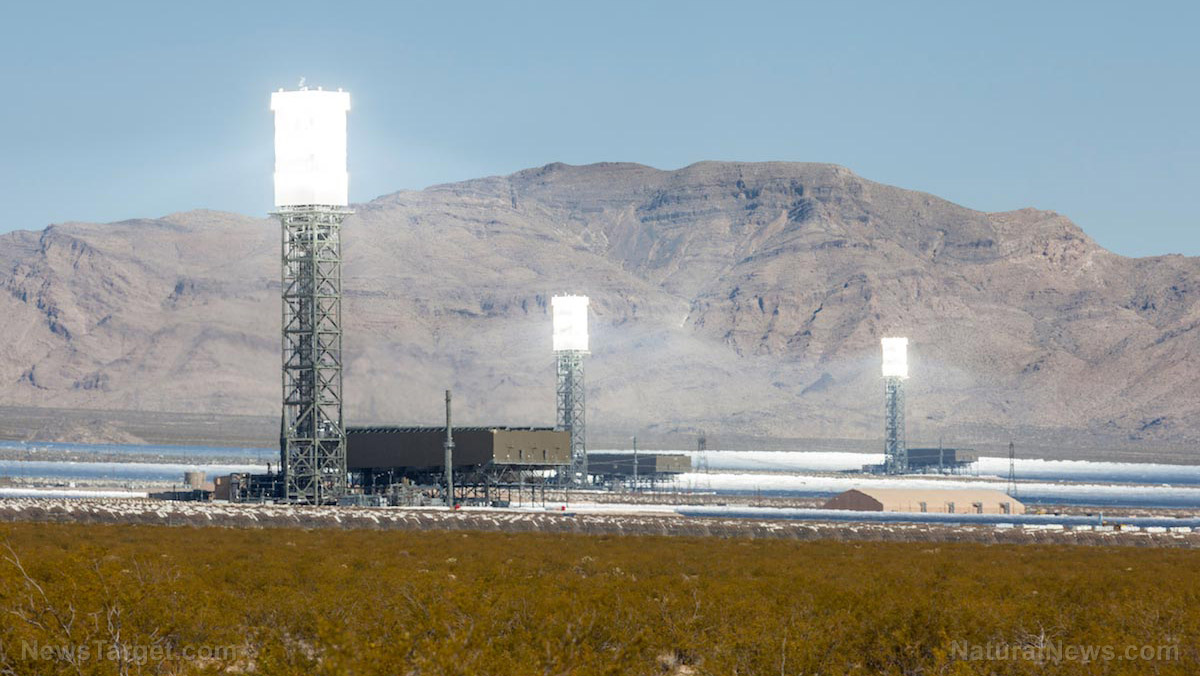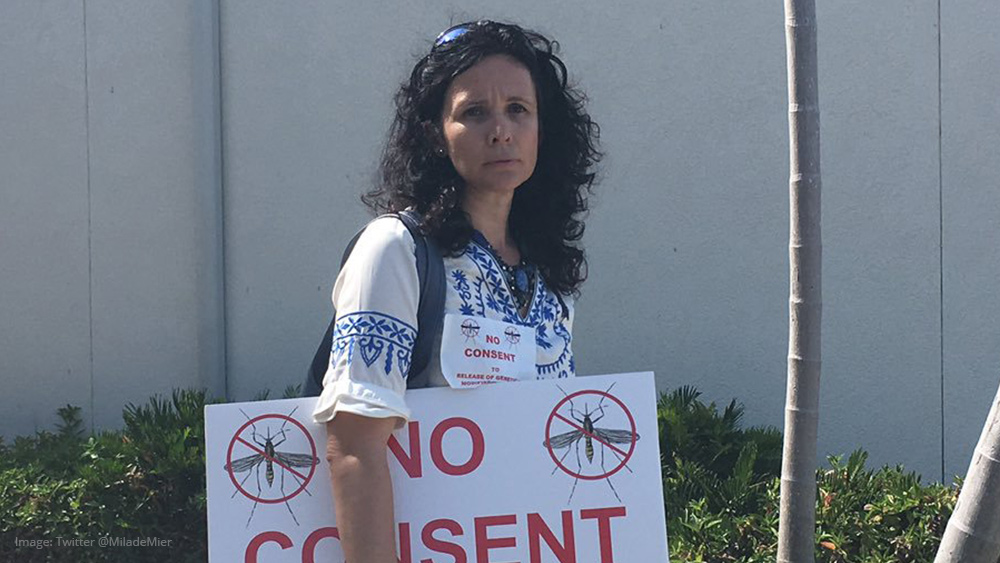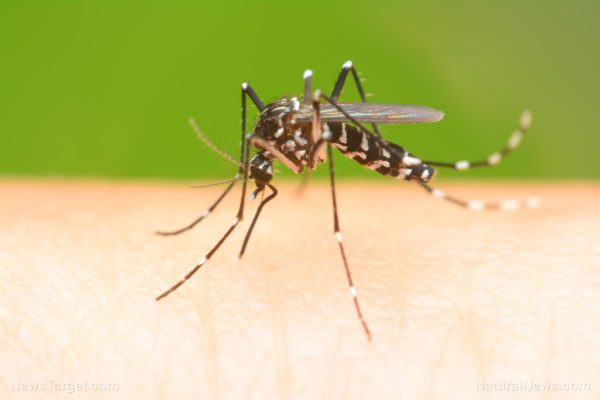McDonald’s is the single biggest purchaser of beef in the U.S. and is also a major pork buyer. This fact bestows a serious responsibility upon the company, since misuse of antibiotics in the agricultural sector has led to antibiotic resistance, placing mankind on the brink of what the United Nations calls a “post-antibiotic era.” Over 2 million cases of antibiotic-resistant infections are diagnosed annually in the United States, leading to 23,000 deaths.
Most of the meat commercially available in the U.S. – the same meat being purchased by McDonald’s – is from factory farms, which are the biggest consumers of antibiotics in the country. In fact, 80 percent of all antibiotics used in the United States are given to animals which are later eaten by humans – often simply as a preventative measure to prevent the animals from getting sick, rather than to treat actual illness.
The pressure is, therefore, immense on big meat purchasers like McDonald’s to force change within the industry. After all, where McDonald’s goes, many others will follow. This was illustrated recently when McDonald’s announced its intention to totally stop using cage-free eggs within a decade, and over 100 companies immediately made the decision to do the same.
To give credit where it’s due, it should be noted that McDonald’s has been conscientious about trying to phase out the use of some antibiotics in chicken. In fact, last year, the company totally phased out the use of all antibiotics important to humans in their chicken, well ahead of their own 2017 deadline. And, as reported by the Chicago Tribune, while other companies have followed suit with poultry, with some even moving at a faster pace than McDonald’s, very little change has been enacted when it comes to beef and pork.
“There’s been a lot of progress in the poultry industry in a relatively short amount of time,” said Jonathan Kaplan, director of the Natural Resources Defense Council’s Food and Agriculture Program. “In the pork and beef sectors … the atmosphere is still not super enthusiastic.”
And that’s where McDonald’s doesn’t seem to be any more enthusiastic than its competitors. The company claims that trying to control the beef and pork supply chain is complicated and difficult. For one thing, while chickens are slaughtered when they are only a few weeks old, cattle are around 2 years old by the time they go to market. The company claims that this makes it far harder to prevent the use of antibiotics, because the animals are more likely to get sick in that time. They allege that if antibiotic use is removed too quickly, a serious shortage of beef could result. This argument holds little weight, however, since it is the routine and unnecessary use of antibiotics as a preventative measure that needs to be addressed – not the treatment of genuinely sick animals.
Another issue McDonald’s faces is the fact that while there are only really two main chicken suppliers in the country, and their practices can easily be monitored and controlled, the fast food giant buys beef from thousands of different ranches, making such control far more complicated. Again, this argument doesn’t hold much water, because a company as profitable as McDonald’s could institute a division solely for the monitoring and accountability of those farmers.
McDonald’s seems to be handling the situation in a very slow and measured way. The company noted, “We need to ensure that any change is purposeful, acceptable to customer preferences, and is designed for a continuous supply of products for McDonald’s restaurants. The company continues to work with farmers, producers and other purchasers of food animals to influence meaningful change across the agricultural sector.”
“This delay in eliminating antibiotics from their beef supply perfectly demonstrates how deeply McDonald’s is locked into chemical agriculture,” explained Mike Adams, the Health Ranger, editor of Natural News.
While McDonald’s – and other fast food giants like Burger King, for that matter – clearly do face hurdles in forcing change when it comes to the use of antibiotics in agriculture, the fact is time is running out; the time to act is now.
Sources:
ChicagoTribune.com
HuffingtonPost.com
USAToday.com
Science.NaturalNews.com





















